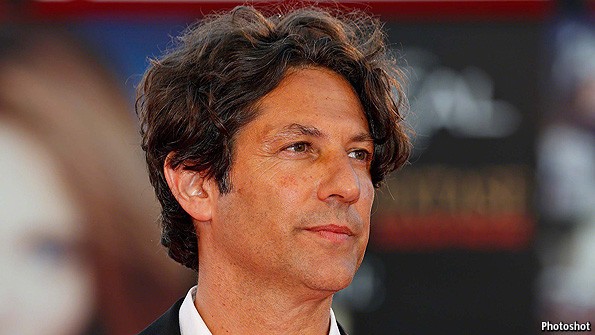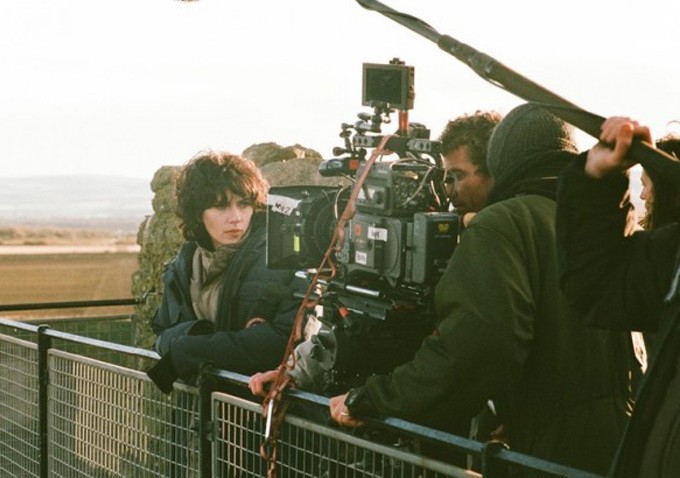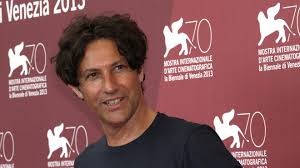Ain't It Cool News (www.aintitcool.com)
Movie News
Capone talks the pros and cons of having your body consuming by alien Scarlett Johansson, with UNDER THE SKIN director Jonathan Glazer!!!
Hey everyone. Capone in Chicago here.
Readers Talkback






